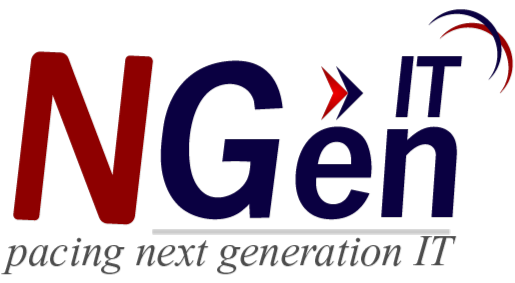The industrial revolution is an ongoing journey of tech advancements that changed how we make things. It has four main phases. We're now in the fourth, known as Industry 4.0, where tech and communication are crucial. Let's explore these four phases that shaped how we produce things.
1st Industrial Revolution: The Age of Steam and Mechanization
The first industrial revolution, which ignited in the 18th century, was powered by steam engines and the mechanization of production processes. This era brought about a revolutionary increase in production efficiency, particularly within the textile manufacturing industry. Steam power, a hallmark of this period, also transformed transportation, with steam-powered locomotives and ships facilitating the rapid and efficient movement of goods and people.
2nd Industrial Revolution: Electricity and Mass Production
In the 19th century, the second industrial revolution emerged with the discovery of electricity and the advent of assembly line production. Henry Ford, inspired by the efficiency of a slaughterhouse's conveyor belt system, applied mass production principles to automobile manufacturing. Instead of building entire cars at one station, vehicles were produced in stages on conveyor belts. This innovation significantly increased production speed and reduced costs.
3rd Industrial Revolution: The Age of Automation
The third industrial revolution, which began in the 1970s, introduced partial automation through memory-programmable controls and computers. A notable development was the use of robots capable of executing programmed sequences without human intervention. This phase marked a significant shift toward automation and increased productivity.
4th Industrial Revolution (Industry 4.0): The Digital Transformation
Today, we find ourselves amidst the ongoing fourth industrial revolution, Industry 4.0, which is defined by the extensive application of information and communication technologies in industry. Building upon the foundations of the third industrial revolution, Industry 4.0 takes it a step further by introducing network connections and digital twins. This technological leap enables seamless communication between production systems, components, and individuals, culminating in the creation of smart factories. In these smart factories, production processes become almost autonomous.
Industry 4.0 brings forth innovative capabilities, including machines predicting failures and initiating maintenance processes autonomously. Self-organized logistics systems adapt to unforeseen changes in production, ensuring efficiency even in the face of disruptions. Digitalization of the manufacturing environment facilitates the timely delivery of crucial information to the right people, both within factories and in the field, thereby enhancing maintenance processes and overall efficiency.










